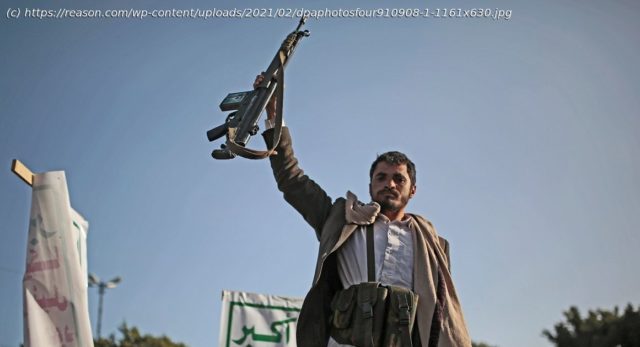What should come next for the U.S.-Saudi Arabia relationship
Speaking at the State Department this week for the first foreign policy speech of his term, President Joe Biden laid down a marker: the United States will no longer be doing Saudi Arabia’s bidding. The offensive military support Washington has provided to the kingdom during its ongoing air war in Yemen is now coming to a halt. « This war has to end, » Biden told the staff and diplomats assembled in the Benjamin Franklin Room. The announcement was a belated but welcome shift in policy for those who have long believed that showering Riyadh with air-to-ground munitions and diplomatic backing was exacerbating Yemen’s conflict, hindering the United Nations-facilitated diplomatic process and violating U.S. interests and values. How the announcement will impact the bilateral U.S.-Saudi relationship as a whole is yet to be determined. As Biden reiterated, Washington will continue to assist the kingdom on defensive security measures, which suggests that the basic tenets of the 76-year-old arrangement will survive to some extent. Biden’s change in Yemen policy, however, is an opportunity for the administration to conduct a comprehensive review of U.S.-Saudi relations. While it would be a mistake for the U.S. to arbitrarily throw its entire relationship with the Saudis overboard, there is no question the old oil-for-security transactionalism that was first cemented between President Franklin Delano Roosevelt and King Abdul Aziz Ibn Saud near the end of the Second World War is past its sell-by date. As geopolitics change, America’s security partnerships must change along with it. The Biden administration should rest its review of U.S. policy on Saudi Arabia upon three pillars. First, Washington needs to place relations with Riyadh on an accurate baseline.






